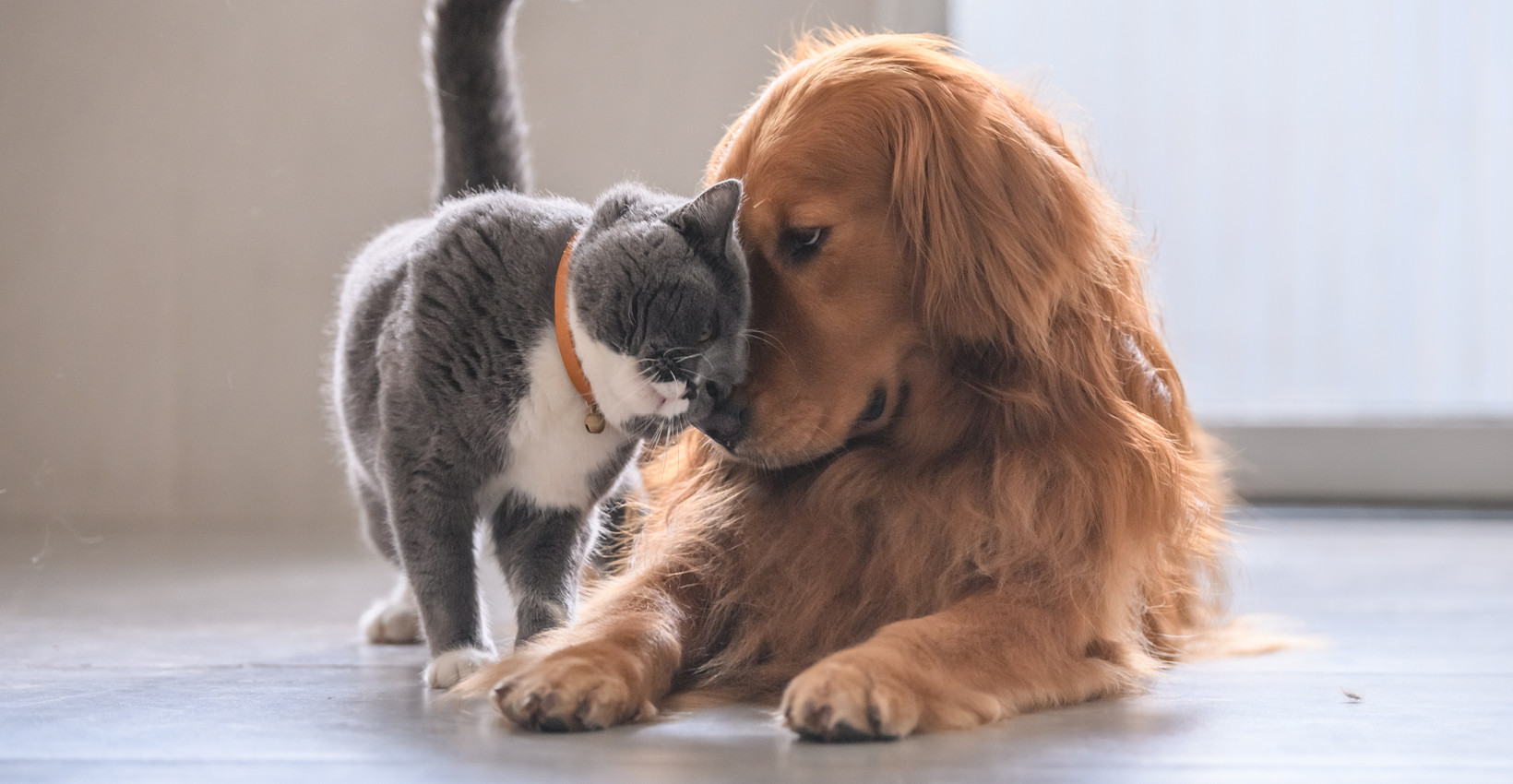The hidden costs of pet ownership

Anyone who enjoys the companionship of a cat or dog (or any other domesticated critter, really) will tell you the same thing: Pets are family members. The minute they’re brought through the door, they become a full-fledged member of the tribe. They show up in family photos, appear on social media accounts, and contribute to the day-to-day happenings of the family.
What you may not take into account when you’re blinded by a set of puppy-dog eyes is the financial aspect of pet ownership. It happens to people all the time — and is the main reason for many rehoming situations. It’s easy to get caught up in the moment during the adoption process and not realize exactly how much this new pet is going to impact your finances. Then the budget becomes a bone of contention and the pet becomes the first thing sacrificed for the sake of the family ledger.
We don’t want to discourage anyone from adopting their dream pet — quite the contrary! We want everyone to be able to say “yes!” to the pets. What we do want is to help you do it methodically, with proper due diligence and respect to your budget.
According to PetFinder, dog owners should expect to spend between roughly $27 to $205 per month on the low and high sides. That’s a pretty wide range to consider, but you can narrow those numbers down a bit by doing your research beforehand. Cat owners are on the hook for about the same, averaging roughly $28 to $190 in cost per month.
Let’s break it down by looking at all the different hidden costs of pet ownership.
- Vet bills. Right away, pets need a round of treatment that isn’t always provided by the place of adoption. Heartworm meds, flea and tick treatments, and immunizations are necessary right out of the gate. You’ll also incur costs for having them spayed or neutered, usually done during the first year. Elective procedures like declawing and the docking of tails or ears are up to the individual pet owner. Your pet will need regular annual checkups, and pet medical emergencies for your pet can be very expensive. Pet health insurance is now available, and a low monthly premium can make it easier to manage vet bills.
- Food. This one seems fairly obvious, but it’s a good idea to research how much a certain breed of pet needs to eat every day before adopting. Cost vs. quality is something to consider as well. Premium foods run a premium price compared to generic brands but contain more nutrients and less chemical filler. If you’re skimping on pet food with the less-nutritious fare, you might save money in that category, but you might also pay more to the vet if they’re not getting the necessary nutrients due to feeding them cheaper kibble.
- Deposits. Does your landlord require a pet deposit? This is a must-know before thumbing through PetFinder to locate your new pet. And if you plan to move shortly, know that your rental options will be limited to apartments or houses that allow pets. On the home purchase side, some HOAs require more to be paid for dog ownership as well.
- Home goods and upgrades. Does the backyard of your home need fencing in before bringing home a pup? That’s an important consideration before signing the adoption papers. Kittens will need plenty of entertainment, so you might need to purchase an apparatus for enrichment. We love our pets like children — but just like children, they can be destructive. Cats need to sharpen their claws, so if you don’t provide something for them to scratch regularly, they’ll use a nice piece of furniture. Other things to consider: a special pet hair vacuum, carpet replacement, toys, waste removal services, and regular house cleaning.
- Boarding. Everybody needs some time away. When you leave town overnight, where will your pets go? If you’re a jet-setting frequent flier, check out local pet sitter sites (Care.com and Rover are great options). You can also call one of our many great local boarding services for quotes. If you plan to take your pets on vacation with you, what are the costs? Work that into your budget.
- Grooming. Depending on what type of dog or cat you plan to adopt, it’s always a good idea to research the grooming requirements for that animal. Certain breeds of dogs require heavy grooming and can be quite costly, while others just need an occasional bath. Regular nail trimming is an additional cost.
- Insurance. Unfortunately, homeowners insurance premiums will go up if you adopt certain breeds of dogs. Check with your provider to see if your rates will increase. Pet health insurance is available, as mentioned above.
- Registrations. Your city will likely require you to register your pet every year. If you’re adopting a purebred and want to officially register them with the American Kennel Club, that’s an extra cost, too.
- Time and attention. These costs aren’t necessarily financial, but they’re equally important. While cats are a little more self-sufficient, dogs need regular walks and oodles of quality time. Make sure when you look at your financial forecast, you’re also realistically examining your calendar.
As you can see, there are many costs associated with pet ownership, and we can assure you that your pet will be worth every penny. When you work these extras into your monthly budget ahead of time, you ensure that everyone in the household (whether they operate on two or four legs) can live happily ever after.
Learning Center articles, guides, blogs, podcasts, and videos are for informational purposes only and are not an advertisement for a product or service. The accuracy and completeness is not guaranteed and does not constitute legal or tax advice. Please consult with your own tax, legal, and financial advisors.




